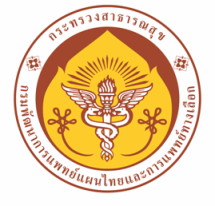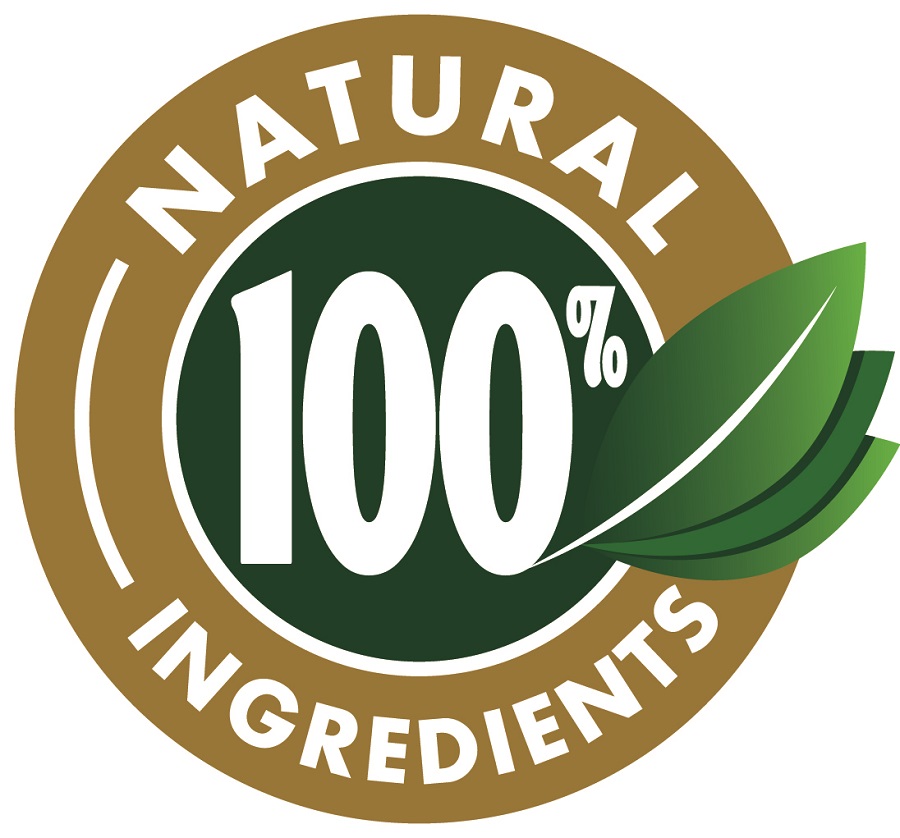Shopping Cart0 item(s) - $0.00Your shopping cart is empty!
|
|
PAYMENT
DELIVERY
|
![]()
| What is Aromatherapy? |
| Aromatherapy is the therapeutic use of essential plant oils to improve physical health and psychological health. The term was used in 1928 by French chemist Rene Maurice Gattefosse to describe the action of healing essences of aromatic plants, but the use of herbs and vegetable oils dates back to antiquity. The practice of aromatherapy is an integral part of folk medicine. The pharmacology of essential oils is rarely studied scientifically because there is no commercial incentive to do so. The aromatherapy uses only pure, natural essential oils, each with specific attributes for healing, and how they feel is secondary to their therapeutic action. |
| What is Aromachology? |
| Aromachology is the scientific study of the effects of fragrance on human psychology and behavior. This term was coined in 1989 by what is now smell Institute, a division of The Fragrance Foundation, which in turn is the nonprofit, the educational component of the international fragrance industry. Aromachology emphasizes controlled scientific study deals only with the psychological effects of fragrance and considers both natural and synthetic odorants. Aromachology is driven by corporate sponsorship and, ultimately, attempts to identify applications that perfume business opportunity. |
| How are they different? |
|
The two disciplines appear to overlap, which uses aromatherapy oils diffused inhalation to treat conditions related to mood and emotion, such as anxiety, depression, lethargy, or irritability. But even in this circumstance, there is an important distinction. Aromatherapy does not endorse the use of artificial fragrances that have no therapeutic value and can not affect mood beyond the psychological effects of "smell memory". On the other hand, researchers will Aromachology noted that the special virtues of essential oils are not supported by a large body of clinical evidence. But is it really a conflict? |
| The effect of fragrance on emotions |
|
The fact that our emotions are affected by fragrance is widely accepted. Memory and emotion are often strongly associated with the smell. We have all experienced. A breath of smell and our minds are suddenly flooded with memory and emotions associated with that memory. There is an anatomical basis for this phenomenon. In the human brain the primary olfactory cortex, which processes information about smells is connected directly to the amygdala, which controls the expression and experience of emotion, and the hippo campus, which controls the consolidation of memories. These are primitive functions that have been around since the moment in the evolution of early when we needed to use our sense of smell to survive. Controlled studies suggests that our appreciation of the smell and our emotional response to it, are determined by the emotional context in which the odor was first encountered, although the association is subtle and we are not aware of this. Therefore our assessment of the odor is a personal matter and why there are significant differences in odor preferences from one culture to another. Both natural and synthetic odorants can trigger a psychological reaction that is at the heart of aromachology, but only the appropriate essential oil will cause a specific physiological response that is the goal of healing aromatherapy. |
| Unproven claims of aromatherapy? |
|
It is true that there is little scientific research in the pharmacology of essential oils. Lack of funding is the main reason. Essential oils are not patentable and therefore with few exceptions there is no commercial incentive to conduct research. On the other hand, with Aromachology controlled studies have validated some of the historical claims for essential oils. For example, it has been shown to improve cognitive performance Rosemary, peppermint is invigorating and relaxing lavender. The practice of aromatherapy has stood the test of time. In Western cultures in popularity as a complementary medicine continues to grow. In reality, there is no conflict between Aromachology and aromatherapy, as they have different agendas and invalid nor the other. Ultimately, Aromachology may prove very useful in aromatherapy by adding the weight of modern research in the large body of common knowledge which has supported hundreds of years. |
|
Definitions
|
|
|
Aroma-Chology®:
Aroma-Chology is a concept based on systematic, scientific data collected under controlled conditions. It was developed in 1989 under the leadership of the Sense of Smell Institute (formerly known as the Olfactory Research Fund). Aroma-Chology is dedicated to the study of the inter-relationship of psychology and the latest in fragrance technology to transmit through odor a variety of specific feelings (such as relaxation, exhilaration, sensuality, happiness and achievement) directly to the brain. - See more at: http://www.senodos.com/index.php?route=information/information&information_id=18#sthash.68erJcYb.dpuf |
Aromatherapy:
Aromatherapy is a concept based largely on anecdotal individual case studies and folklore. It prescribes the use of natural essential oils and herbs for the treatment of various mental and physical disorders. It is generally used in combination with body massage, the result of which is described by advocates to heal, beautify and soothe the body and mind. - See more at: http://www.senodos.com/index.php?route=information/information&information_id=18#sthash.68erJcYb.dpuf |
|
Key Distinctions
|
|
|
Aroma-Chology® seeks to establish the positive effects of aromas on human behavior that are verifiable through reproducible scientific experiments. The results can then be expressed in quantitative terms and analyzed to determine their statistical significance. - See more at: http://www.senodos.com/index.php?route=information/information&information_id=18#sthash.68erJcYb.dpuf
|
Aromatherapy seeks to establish the therapeutic effects of aromas utilizing historical folklore traditions passed down from ancient times and various cultures along with modern research. - See more at: http://www.senodos.com/index.php?route=information/information&information_id=18#sthash.68erJcYb.dpuf
|
|
Aroma-Chology® is concerned specifically with the temporary positive effects of aromas on human behavior and emotions to improve mood and enhance quality of life. - See more at: http://www.senodos.com/index.php?route=information/information&information_id=18#sthash.68erJcYb.dpuf
|
Aromatherapy focuses on the therapeutic effects of aromas on physical conditions (such as menstrual disorders, digestive problems, etc.) as well as psychological conditions (such as chronic depression). - See more at: http://www.senodos.com/index.php?route=information/information&information_id=18#sthash.68erJcYb.dpuf
|
|
Aroma-Chology® deals only with the psychological effects achieved through the use of ambient odors which stimulate olfactory pathways to the brain. - See more at: http://www.senodos.com/index.php?route=information/information&information_id=18#sthash.68erJcYb.dpuf
|
Aromatherapy deals with the physiological effects of natural essential oils introduced by means of transdermal absorption resulting from application massage, as well as through ingestion and olfaction. - See more at: http://www.senodos.com/index.php?route=information/information&information_id=18#sthash.68erJcYb.dpuf
|
|
Aroma-Chology® scientifically measures the effect of blends of odorants as well as those of single odors - both natural and synthetic. - See more at: http://www.senodos.com/index.php?route=information/information&information_id=18#sthash.68erJcYb.dpuf
|
Aromatherapy restricts itself to the use of only natural essential oils. It assigns specific healing qualities to specific odors. - See more at: http://www.senodos.com/index.php?route=information/information&information_id=18#sthash.68erJcYb.dpuf
|
|
Aroma-Chology® acknowledges the possibility of cognitive mediation (i.e., the influence of perceptions & understanding) of the positive effects of fragrance on feelings and emotions and includes applications in which this interaction is almost certain to occur. - See more at: http://www.senodos.com/index.php?route=information/information&information_id=18#sthash.68erJcYb.dpuf
|
Aromatherapy attributes effects observed to a direct physiological action of the odorant molecules and places little emphasis on cognitive factors such as perception and understanding. - See more at: http://www.senodos.com/index.php?route=information/information&information_id=18#sthash.68erJcYb.dpuf
|
|
HOME | Product | Order Delivery | Why Chose US | FAQ | Knowledge | Agent / Private Label | About US | Download |
 |
Senodos © 2013. 19/30 Soi Koobon 28, Koobon Road, Kannayao Bangkok 10230 Thailand Tel: (+66) 2-510-5799 Fax: (+66) 2-943-4877 Hotline:+(668) 0930-1977 Email: info@senodos.com URL: www.senodos.com |


















